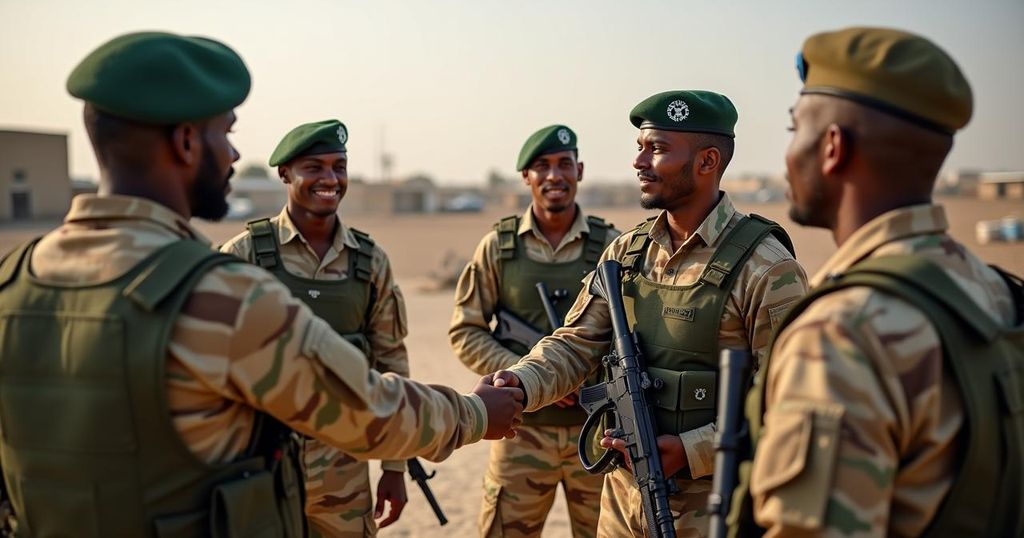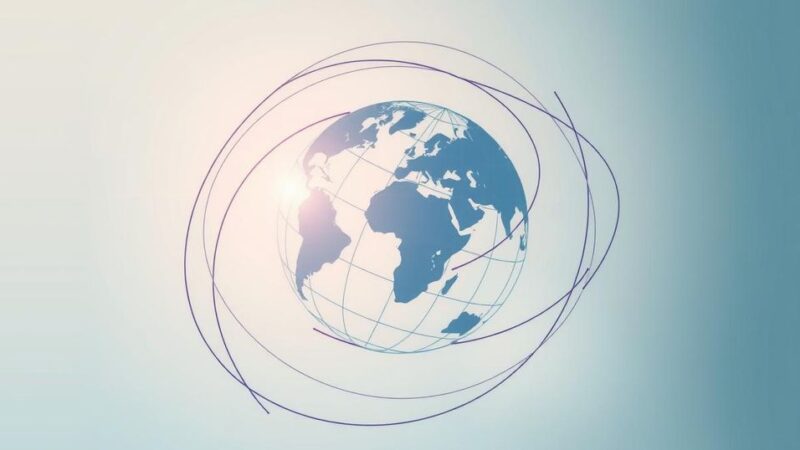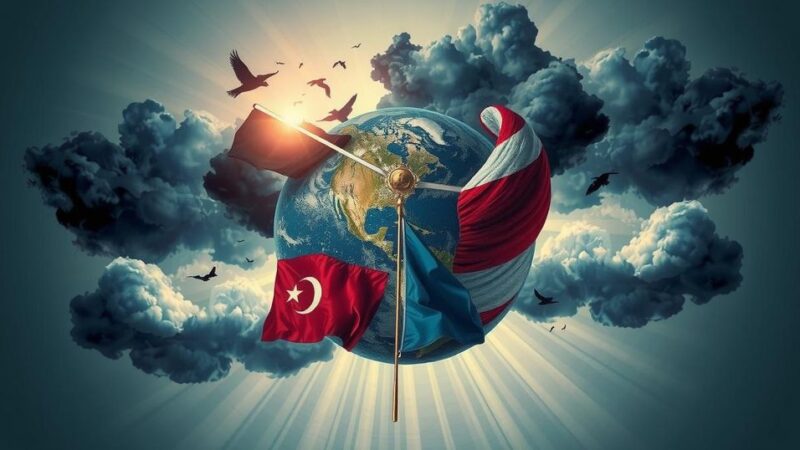Recent discussions among the leaders of Somalia, Eritrea, and Egypt aimed at strengthening security cooperation came to fruition in a summit in Asmara. They pledged to combat terrorism, uphold national sovereignty, and oppose external intervention, all while navigating the regional complexities highlighted by their interactions with Ethiopia.
The recent summit held in Asmara, Eritrea, on Thursday marked a significant commitment among the leaders of Somalia, Eritrea, and Egypt to enhance security cooperation in the Horn of Africa. This meeting, called by Eritrean President Isaias Afwerki, included Egyptian President Abdel Fattah al-Sisi and Somalia’s President Hassan Sheikh Mohamud. In light of ongoing unrest and the struggle against the al-Shabab armed group, these leaders have pledged to work collaboratively towards improving regional stability and fostering robust security ties. In a joint statement issued by the Eritrean information ministry, the leaders articulated their commitment to fostering relationships that uphold “the unequivocal respect for the sovereignty, independence and territorial integrity of the countries of the region.” Furthermore, they acknowledged the necessity of countering external interference in the internal matters pertaining to their nations, emphasizing the importance of coordinated efforts aimed at preserving stability and establishing an environment conducive to sustainable development. The situation in Somalia remains precarious as its military actively engages in combat against al-Shabab. The leaders concurred on the urgent need for enhanced cooperation to address terrorism comprehensively, safeguard national borders, and maintain territorial sovereignty. This security pact may potentially create tensions with neighboring Ethiopia, which currently has a significant military presence in Somalia to combat groups affiliated with al-Qaeda. Ethiopia and Somalia are at odds, primarily due to Somalia’s agreement with Egypt regarding military assistance, in response to Ethiopia’s intentions to establish a port in Somalia’s Somaliland region, which lacks international recognition. Moreover, historical disagreements between Egypt and Ethiopia over the construction of a massive hydroelectric dam on the Nile River exacerbate regional tensions. Eritrea has its share of challenges with Ethiopia, particularly feelings of exclusion from negotiations related to the Tigrayan conflict, even though Eritrean forces supported Ethiopian government efforts during the 2020-2022 Tigray war. However, the Ethiopian Foreign Ministry spokesperson, Nebiat Getachew, characterized the relationship with Eritrea as “peaceful,” acknowledging “good neighbourliness and good friendship.”
The Horn of Africa has been a region fraught with conflict, particularly influenced by the activities of groups like al-Shabab, as well as historical territorial disputes. The security dynamics in the region are further complicated by the contrasting interests of neighboring countries. The recent summit signifies a collective approach to security challenges and underscores the importance of sovereignty and non-interference in domestic affairs. The alliances being formed can be viewed as a response to external pressures and internal conflicts, especially given the ongoing disputes between Ethiopia and Somalia, as well as Egypt’s long-standing tension with Ethiopia over water resources and dam construction.
In conclusion, the summit held in Asmara among the leaders of Somalia, Eritrea, and Egypt represents a notable stride towards enhanced cooperation on security matters in the Horn of Africa. As these nations confront shared threats such as terrorism and external interference, their commitment to mutual respect and territorial integrity will be crucial. This new security partnership also reflects the complexities of regional politics, particularly with the evolving relationship between Ethiopia, Somalia, and Egypt over issues of national interest and stability.
Original Source: www.aljazeera.com






